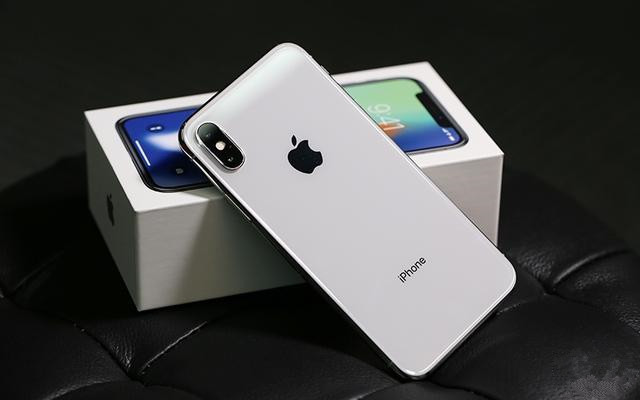 3821
3821
 2017-11-17
2017-11-17
Best Buy reported a strong third-quarter in sales on Thursday, but missed Wall Street expectations in part because of Apple’s late launch of its blockbuster iPhone X.
The iPhone X’s introduction in November, late compared to Apple’s usual September launch date, cost Best Buy about $100 million in sales in the quarter, the company suggested in a statement without mentioning the iPhone by name. Those sales will likely show up in Best Buy’s fourth quarter results.
Best Buy’s total revenue totaled $9.32 billion in the quarter, but with the benefit of those extra sales, Best Buy likely would have beaten Wall Street’s estimates for $9.36 billion. In the United States, comparable sales (a metric that strips out newly opened or closed stores but includes e-commerce) rose 4.4%, slightly below the 4.8% expected by Wall Street, according to Consensus Metrix.
Best Buy also gave a holiday quarter profit outlook that disappointed investors with shares falling 7% on Thursday. The company’s forecast for adjusted earnings for the fourth quarter was $1.89 to $1.99 per share, short of analysts’ consensus expectation of $2.03 per share.

Still, there were bright spots in Best Buy’s quarterly report. The retailer saw growth in many of the product categories it sells, with a big boost from computing, smart home products, and appliances—seemingly taking share from the sales hemorrhage at one-time appliances leader Sears (SHLD, +9.59%). Meanwhile, online sales rose 22%, showing Best Buy can go toe-to-toe with Amazon.com (AMZN, +0.94%). The company also raised its financial forecast for the fourth quarter, and now expects comparable sales to rise between 1% and 3%.
“We believe we are well positioned for a successful season,” Best Buy CEO Hubert Joly said in a statement.
At the same time, the company appears poised to better contend with the aggressive discounting that hurt its results in the 2016 holiday season. Still, electronics are always among the most competitive areas in retail during the holidays, and the company will have to pace itself.
In recent years, Best Buy has reinvented its stores, creating areas for vendors like Apple and growing categories like home theatre that have helped keep it relevant in the current retail environment. It has also positioned itself as a center of expertise in different areas of tech with services like its in-home advisor program.
“We see this as a critical differentiator between Best Buy and many of its rivals,” wrote Anthony Riva, an analyst at GlobalData Retail in a note.
Source: fortune